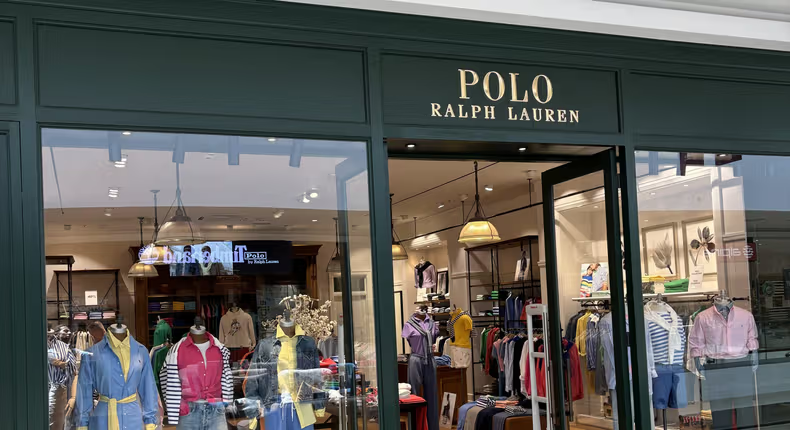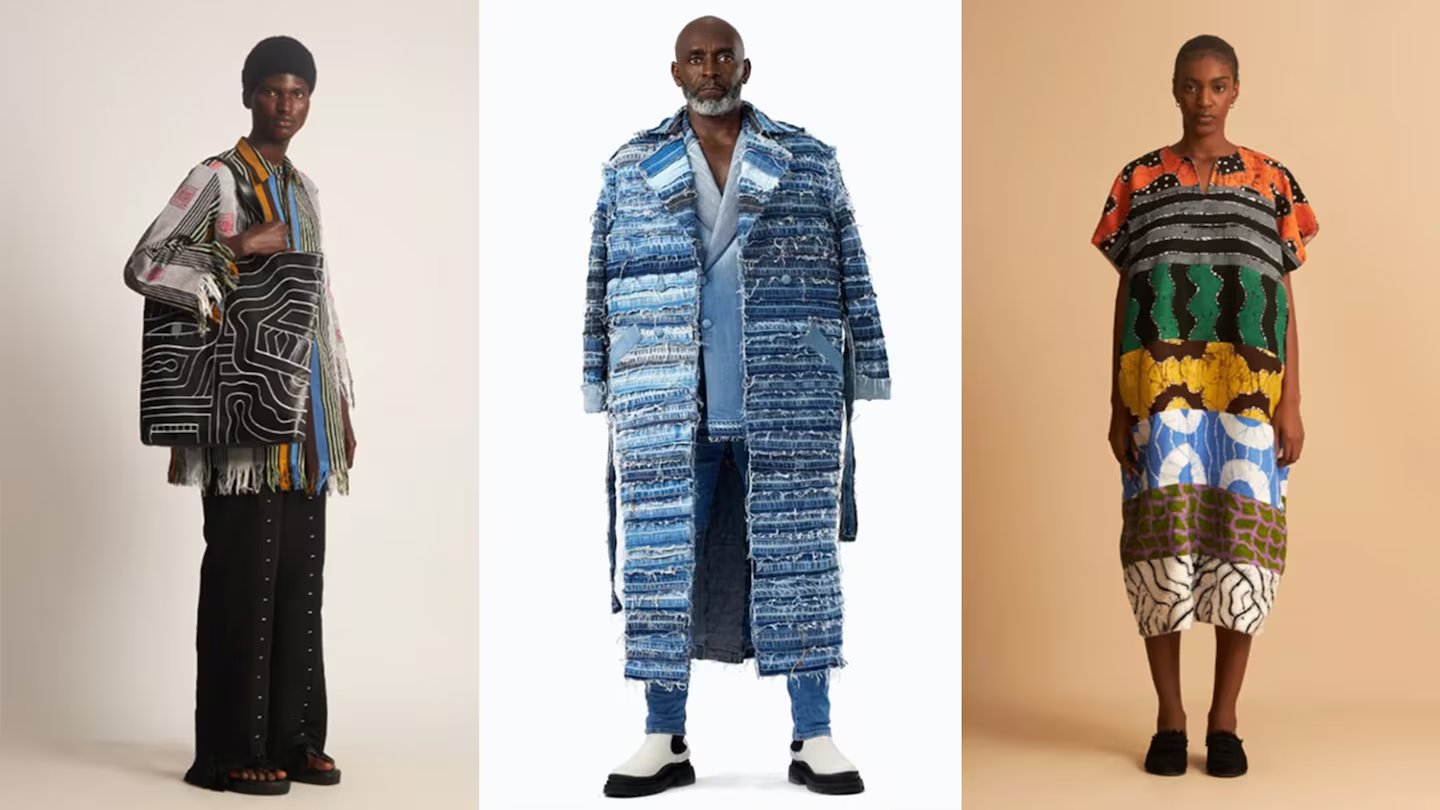When Nigerian designer Bubu Ogisi stepped onto the global stage in Copenhagen this season, it was more than a showcase of clothes. It was a statement of history, art, and cultural reclamation. Through Ashhomi House, the creative collective she leads, Ogisi’s flagship label IAMISIGO became the first African fashion brand to present at Copenhagen Fashion Week officially. It was the first from the continent and for a designer who has long resisted the fast and easy commodification of African beauty for foreign consumption.
IAMISIGO’s success lies in its dedication to preserving clothing as wearable art. Slow design, founded in heritage and ritual, is the brand’s ethos. Ogisi collaborates with artisans in Lagos, Accra, and Nairobi to create hand-woven fabrics through traditional dyeing processes. Raffia, wool, recycled glass, and upcycled material often find their way into collections that resist the hurry and excess of fast fashion. To her, every piece is an archive, with memory and meaning more profound than the face of fabric.
That ethos was amplified in Copenhagen. Instead of a conventional runway show, IAMISIGO presented its Spring/Summer 2026 collection as an immersive installation. Visitors were plunged into a realm of smoke, sound, and motion that blurred distinctions between performance and ritual. Models moved slowly, adopting what Ogisi describes as “energy architecture,” a notion that treats the body as a landscape filled with spiritual and cultural frequencies. It was both alien and deeply rooted in ancient wisdom, forcing visitors to encounter fashion as it was experienced through the senses, not just seen.


Ashhomi House, under which IAMISIGO operates, is more than a fashion label. It is a platform for experimentation across disciplines, weaving together fashion, performance, and art. Ogisi’s work has always been interested in the connections between spirituality and material culture, and the collective framework allows her to build worlds rather than seasonal collections. That was put into perspective in Copenhagen, where African craftsmanship was not offered to the fashion world as a niche product but as a centre of innovation.
The achievement also demonstrates shifts in the organisational form of fashion. IAMISIGO’s invitation to Copenhagen came after the 2025 Zalando Visionary Award, which celebrated the brand for sustainability and cultural stories. Aside from the funding, guidance, and manufacturing support, the award made space for IAMISIGO to bring African design to one of Europe’s most progressive fashion stages. The timing was significant: a Nigerian brand, which forms part of a pan-African creative compound, stepping into a space that has traditionally overlooked African designers.
Ogisi has consistently addressed the avoidance of flattening African identity in fashion. She rejects the idea of “African prints” as a general category, requiring instead the presence of practices grounded in specific communities and histories. IAMISIGO’s fabrics are made by working with local artisans, so that each object has economic as well as cultural value. The process reflects a wider endeavour on the part of African fashion to divorce itself from international trends and to focus on its own ways of making.


The Copenhagen show was not just taken as a fashion moment but as an art experience. It was described as ritualistic and charged by critics, breaking with the commercial sheen of fashion week. To some, it was a reminder that African design is not just catching up with global standards but redefining them. By placing Lagos, Accra, and Nairobi in dialogue with Copenhagen, Ogisi, and Ashhomi House positioned African cities as hubs of innovation and not peripheries to Western fashion capitals.
IAMISIGO’s showing at Copenhagen Fashion Week was historic in firsts, but its significance is greater than the milestone. It is a dream of fashion as living culture, as a refusal to be homogenised, and as a space of storytelling that can transcend geography. With Ashhomi House, Ogisi confirmed that African design is not waiting to be let in but is already making spaces for power and meaning.

























